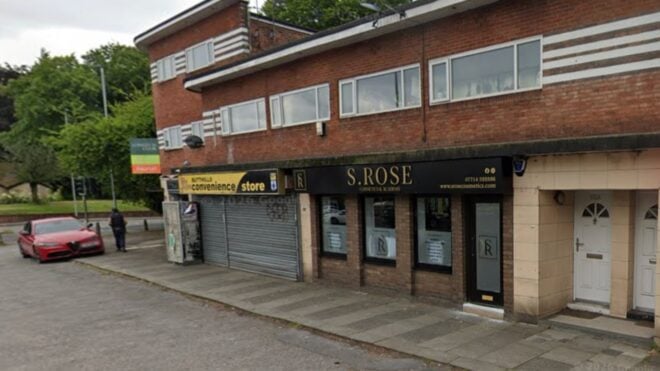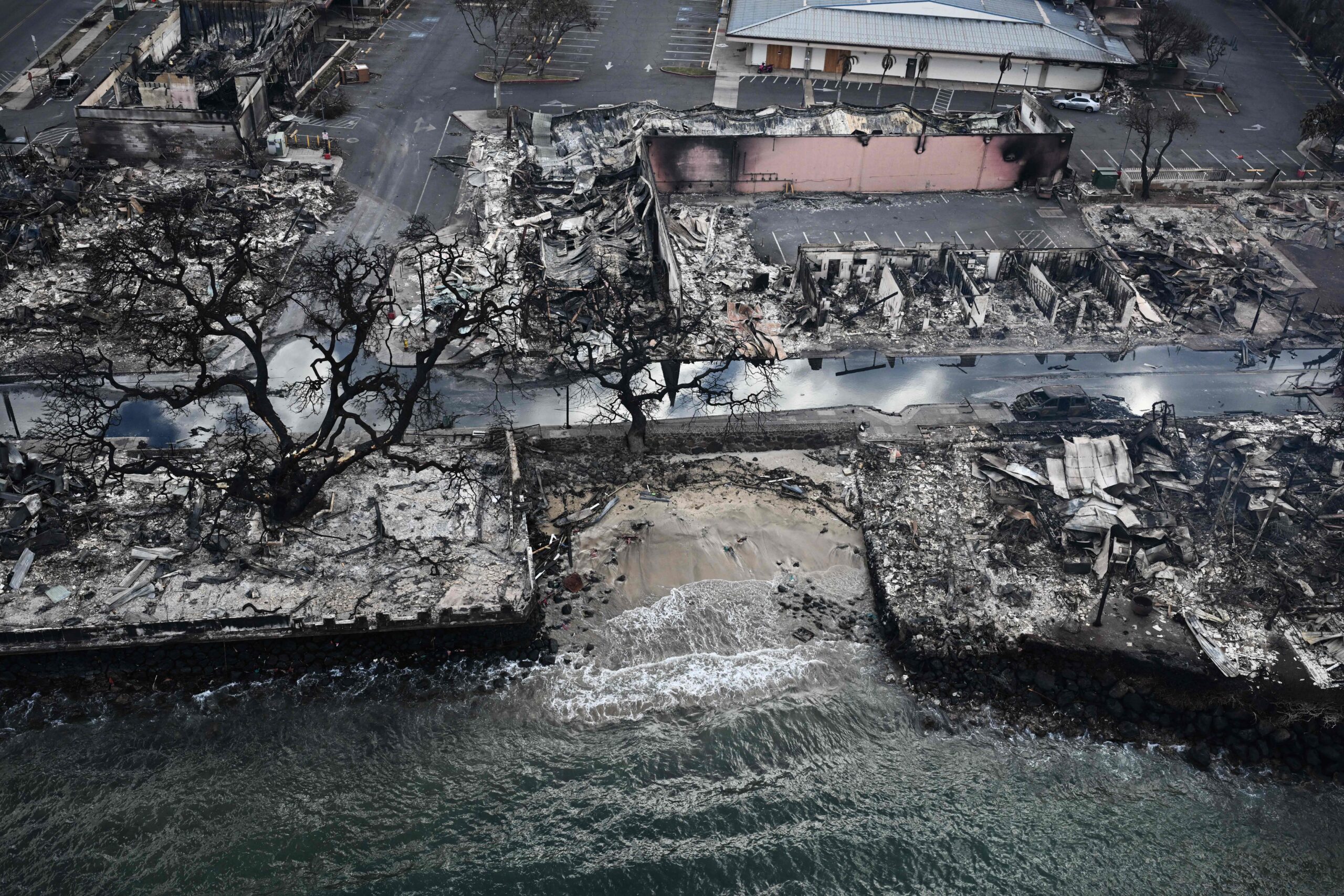
Every single year, forests around the world unintentionally go up in flames.
In America, these fires happen in the same areas: Hawaii, California, the Pacific Northwest, and dry areas of the Midwest.
It can be terrifying for residents living in those areas, and it can affect huge portions of land. Wildfires are hugely destructive and take down everything in their paths.
Unfortunately, wildfires don't only affect forests, trees, and shrubbery — they can also set houses and businesses on fire.
Although most people have heard of forest fires and wildfires, many assume they'll never be affected by them. It seems like the kind of issue that other people have — not you.
But what should you do if you find yourself in a zone affected by fire? How can you keep yourself, your family, and your house safe?
More from LittleThings: 11 Lesser Known Facts About The Apollo 11 Moon Landing
Read the safety tips below to find out exactly what you should do during a wildfire.
What Is A Wildfire?
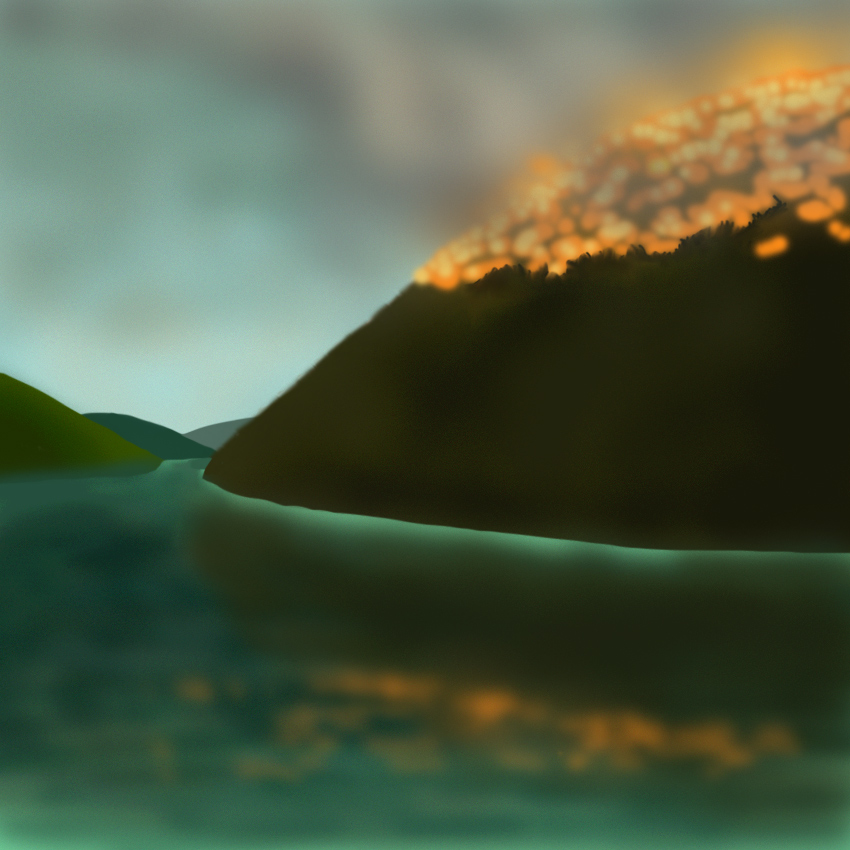
According to Ready.Gov:
A wildfire is an unplanned, unwanted fire burning in a natural area, such as a forest, grassland, or prairie.
As building development expands into these areas, homes and businesses may be situated in or near areas susceptible to wildfires. This is called the wildland urban interface.
How To Stay Safe During A Wildfire 1. Prepare Your Home Before Wildfire Season
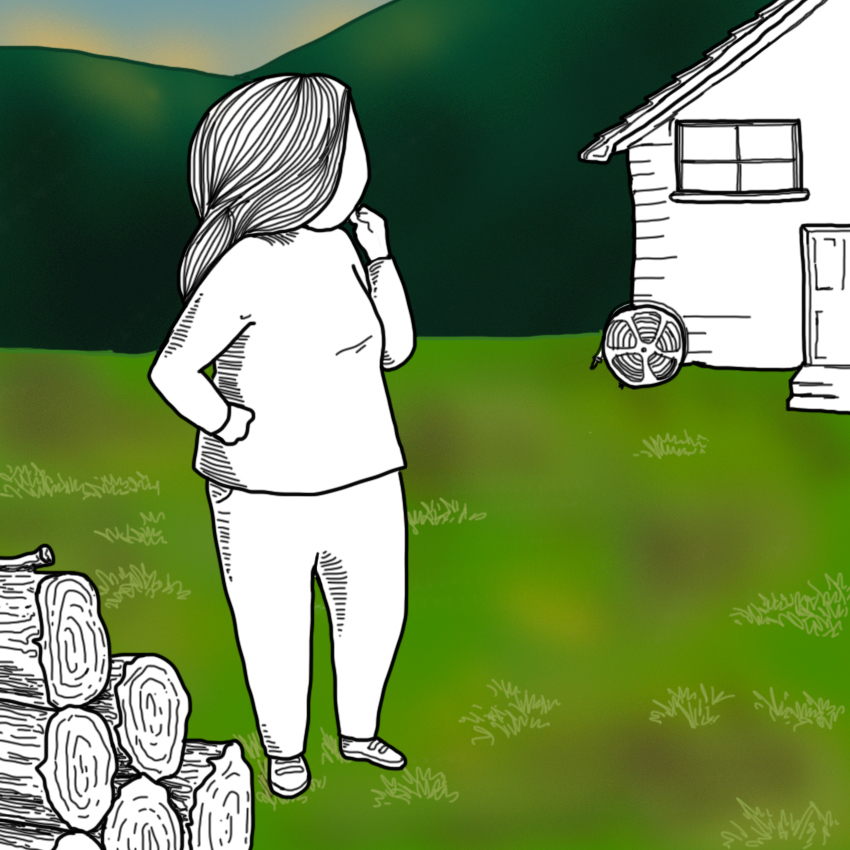
The National Fire Protection Association (NFPA) explains that one of the most important things you can do before wildfire season is to prepare your home.
Make sure you regularly clean your gutters and roof, move wood piles, dried leaves, and newspaper at least 30 feet away from your house, and make sure your garden hose reaches all areas of your home.
You should also make sure your property is insured against wildfire damage.
2. Make A Wildfire Evacuation And Communication Plan
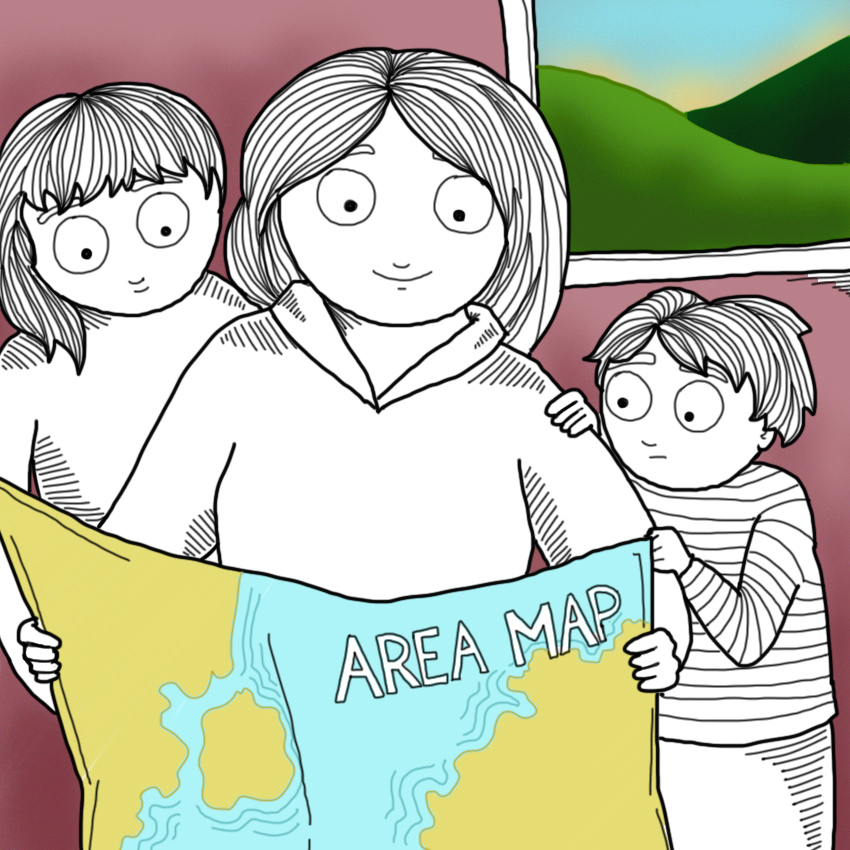
Knowing your wildfire risk and having a plan can help you stay safe if a fire ever starts nearby.
Make sure you know possible evacuation routes, learn about shelters willing to house evacuees, and talk to your friends and family about your communication plan.
Think about using cell phones, email, and social media to connect with other people in an emergency.
3. During A "Fire Weather Watch," Prepare For Evacuation
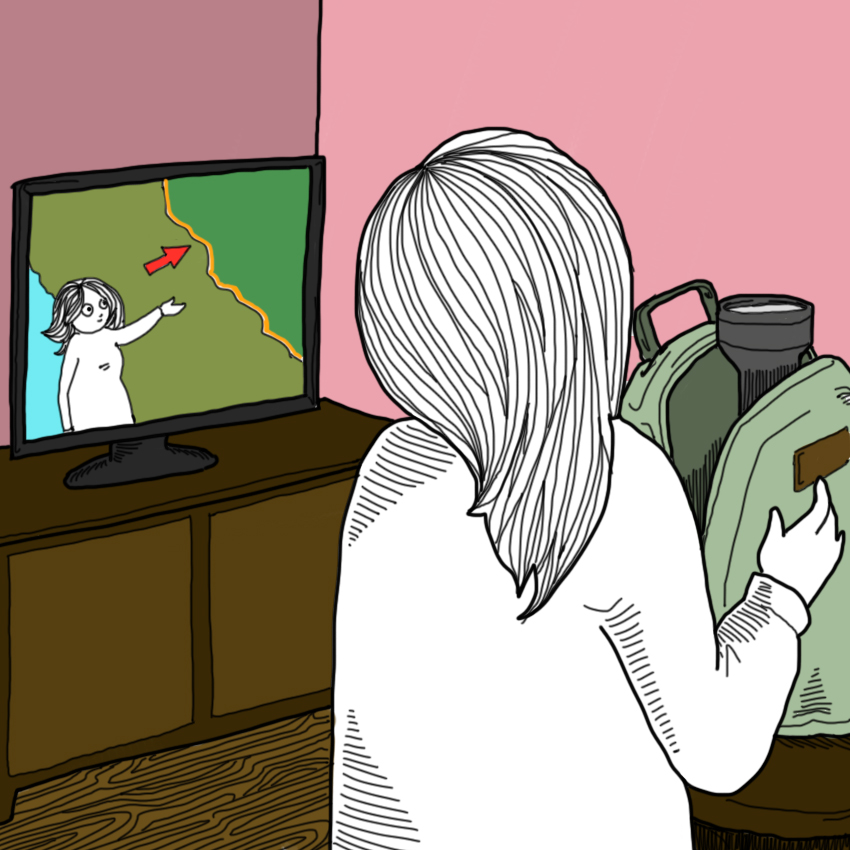
A "fire weather watch," which is an alert issued by the National Weather Service, will let you know if your area is at risk of fire weather conditions in the next 12 to 72 hours.
If you get one of these alerts, turn on your television or radio to stay updated and get emergency instructions, and start preparing for evacuation.
During this time, you should fill your car with gas, put together emergency food and clothing kits, and make sure your family is ready to go.
4. Limit Your Exposure To Smoke
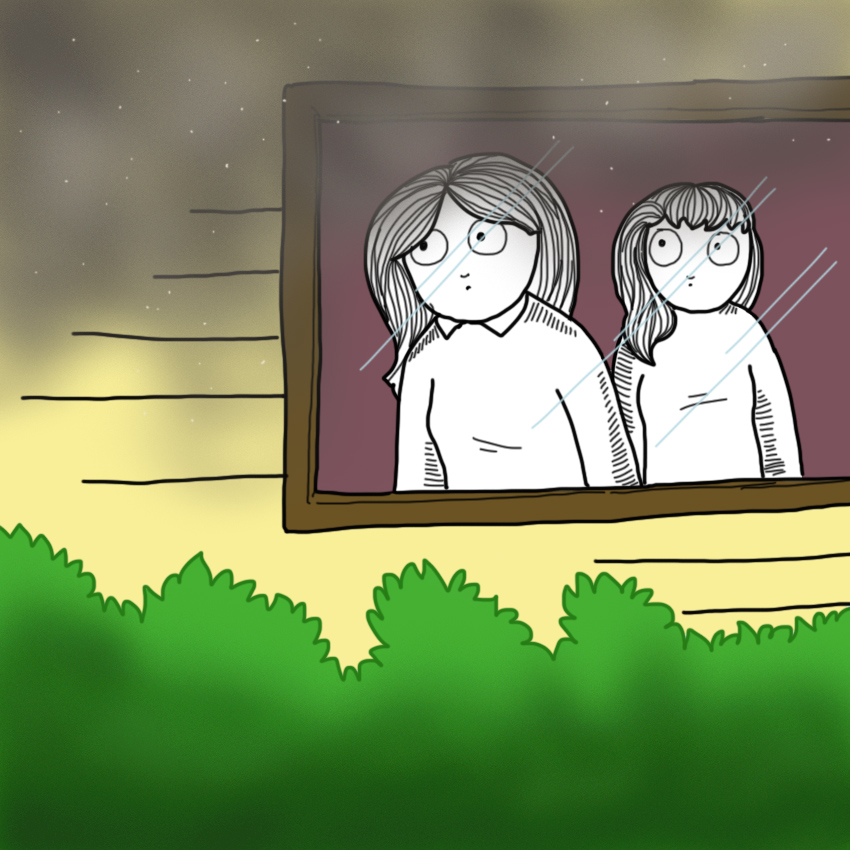
One thing many people don't think about when it comes to wildfires is the danger of smoke.
The CDC explains, "Wildfire smoke is a mixture of gases and fine particles from burning trees and other plant materials. This smoke can hurt your eyes, irritate your respiratory system, and worsen chronic heart and lung diseases."
If a wildfire starts near you, stay inside, close your windows and doors, and avoid increasing indoor pollution. (Don't smoke, light candles, vacuum, or use gas stoves.)
5. Leave Immediately If Evacuation Is Ordered
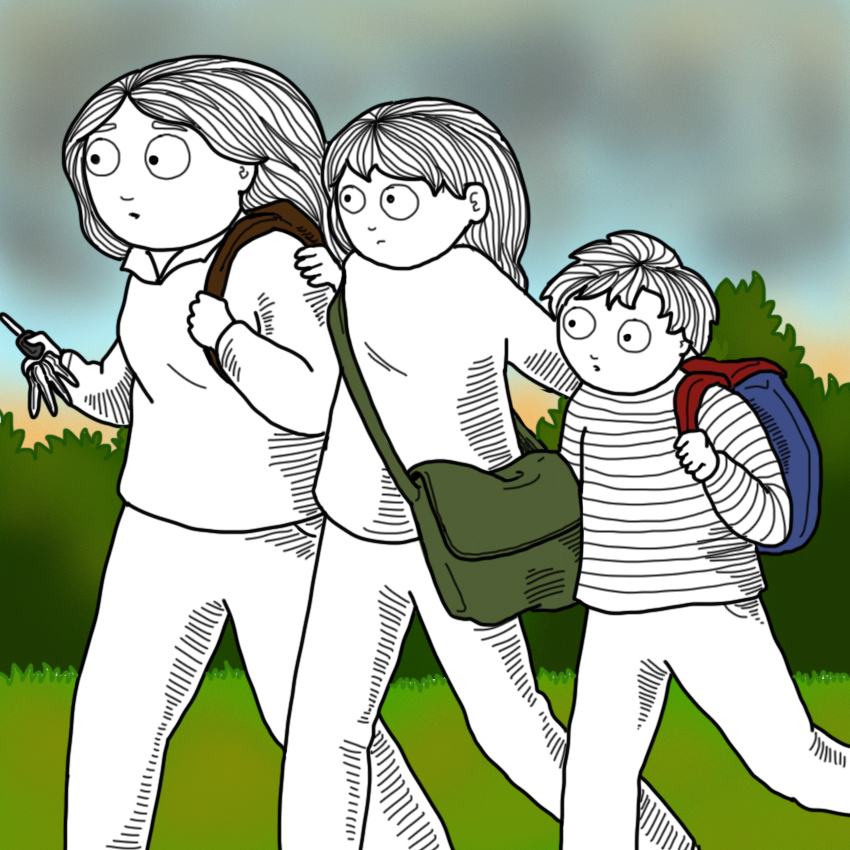
If you think you may be in an area that will be ordered to evacuate, you can leave early and get ahead of the traffic.
Once evacuation is ordered, leave immediately. Don't linger or wait to leave — get your family and pets to the evacuation route as quickly as you can.
The NFPA explains, "Promptly leaving your home and neighborhood clears roads for firefighters to get equipment in place to fight the fire, and helps ensure residents' safety."
6. Don't Return Home Until Authorities Say It's Safe
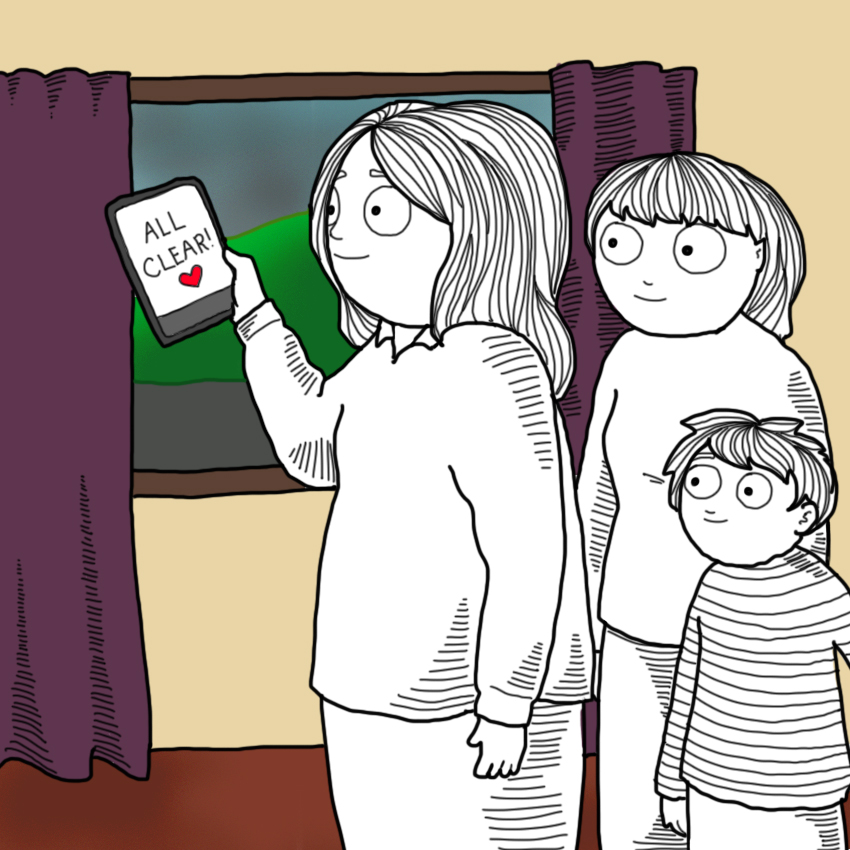
Even if the wildfire has ended, you should never return home until authorities tell you it's safe to do so.
Don't make assumptions about the safety of your area — just wait until you get the "all clear" from officials, then you can return to your house.
Once you're home, be on high alert for burned areas, smoke, hidden embers, or sparks in and around your house. If you smell any smoke, evacuate immediately, and call 911.
7. Clean Your Home Safely
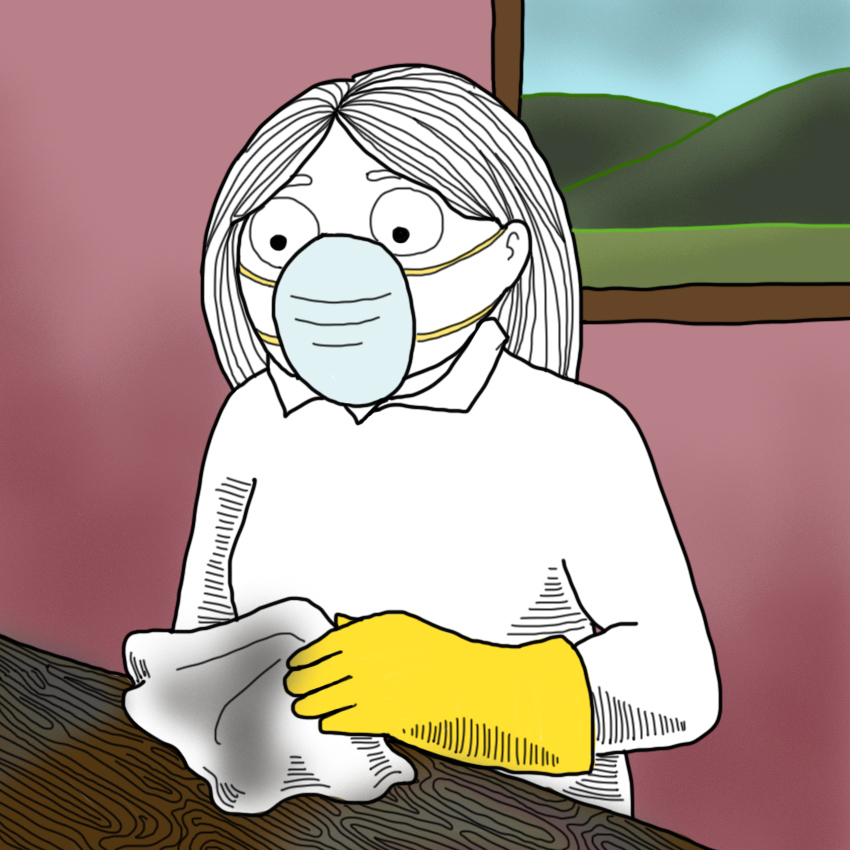
When it's time to clean your home, make sure you do it safely.
Ready.gov explains that you need to wear a dust mask (make sure it's NIOSH-certified), and wet any debris to minimize dust. You should also throw away any food that was exposed to heat, soot, or smoke.
Finally, don't use any water that might be contaminated.
8. Help Others Once You're Safe
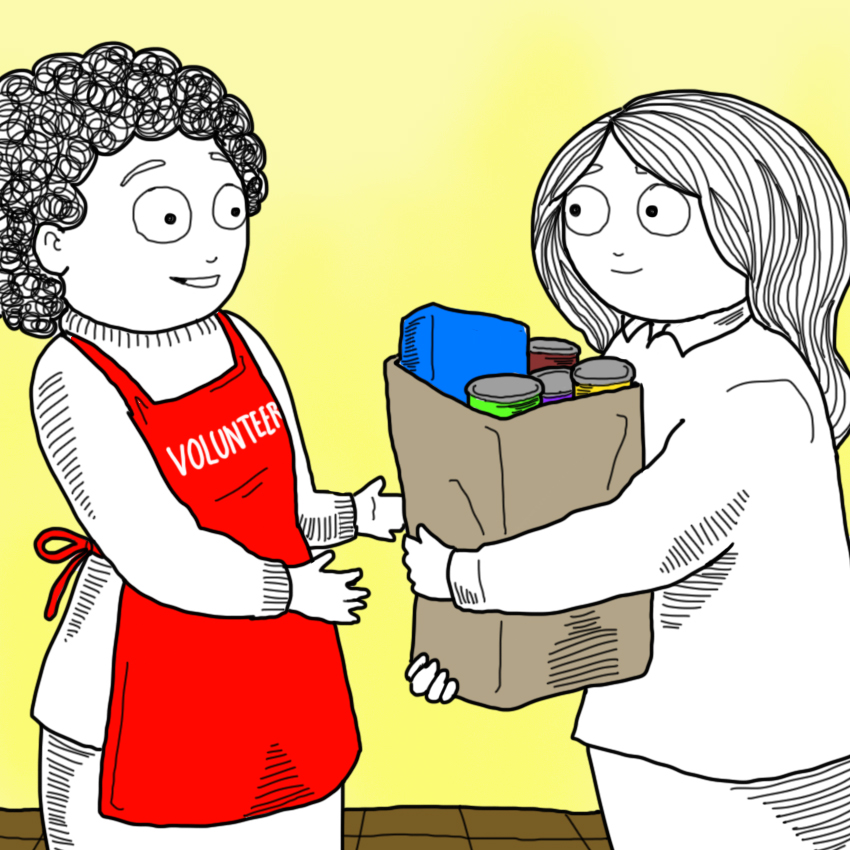
Once you're safe, check to see if there's anything you can do to help other people in your community who may not have been as lucky.
If anyone's house was destroyed, they may need help rebuilding their life — consider donating food or money to organizations set up to help wildfire victims.
9. Call 911 If Someone Gets Burned
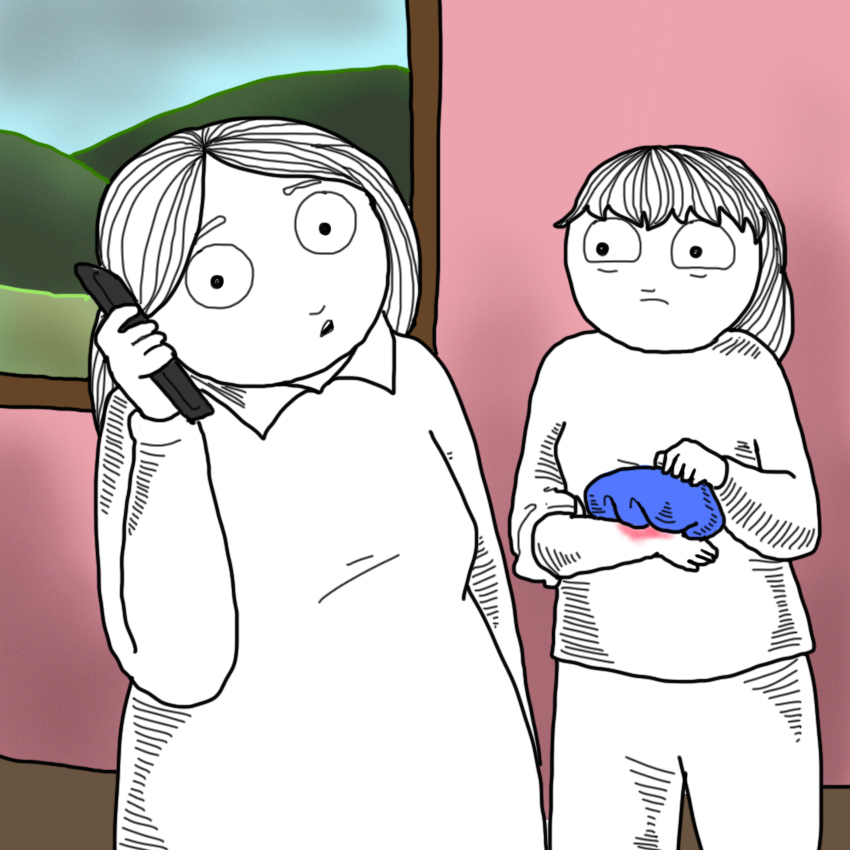
If the wildfire somehow makes its way to you, and you or someone you know gets burned, call 911 right away.
Never try to handle a wildfire burn yourself. Call for help, and let the medical professionals do their jobs.
If you think more people should know about wildfire safety, please SHARE this article!

